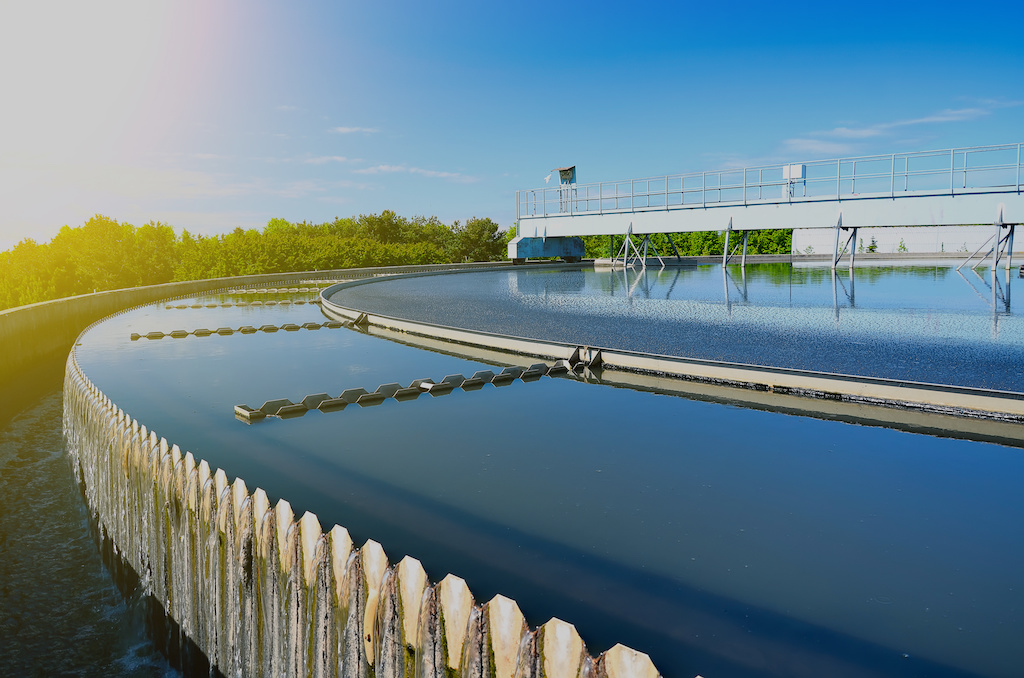Guest Post by Dr. Daniela Messina and Dr. Kelly Chinners Reiss
Faculty Members, School of STEM, APUS
Potable water is a requirement for life, yet in many towns and cities across the United States, municipal water poses human health risk either from source water or water infrastructure. As a society, we need household-scale water testing to understand the extent to which the health of the local population is at risk.
In an effort to help our students understand the quality of their local drinking water, we have established the Water Testing and Awareness Project (Water TAP). Funded through the APUS Faculty Research Grant program, Water TAP sends testing kits to a group of undergraduate students enrolled in a core water science course in our Environmental Science program.
Guiding students to collect their own location-specific drinking water data acts to personalize citizen science and empowers students. They can test water samples in their homes, offices, or other water sources, using a readily available water analysis test kit that can detect parameters such as lead, pesticide, coliform bacteria, iron, nitrates, nitrites, chlorine, copper, alkalinity, pH, and/or water hardness.
Once the tests are complete, students will enter data directly into an online database. This data will be analyzed in a case study in their water science course. The potential also exists to use this data in projects for other environmental science, policy, and management courses, including remote sensing, geographic information systems (GIS), and environmental ethics.
Water TAP arose from the citizen science concept and a desire for faculty members to find meaningful ways to help online learners gain hands-on experience through testing for common water quality parameters. Citizen science projects promote involvement in the scientific process, even for participants without formal or complete scientific training.
We often encourage new students at APUS to jump into existing citizen science projects to gain experience and understand the relevance of science to their lives. We designed Water TAP to offer students an opportunity to participate in science and data collection.
Also, Water TAP will build students’ data analysis skills and develop an APUS water quality community dataset that will be maintained and expanded as grant funds and interests support it. This homegrown database can be used in a variety of class discussions, data analysis exercises, spatial analysis, and reflections on environmental ethics. In addition, the data may be used in our mathematics courses to support data analysis exercises.
Many of you have read high-profile news stories detailing human health concerns in domestic water supplies across the United States. Recent examples include lead in Flint, Michigan, and chemical contamination in Denmark, South Carolina.
In addition, many members of our military community are familiar with the drinking water contamination story of industrial solvents, benzene, and other chemicals at Marine Corps Base Camp Lejeune in North Carolina in the 1950s-1980s. These stories are frequently mentioned by students in the discussion assignments in our water science class and serve as an example of how tap water quality impacts all of us.
The more quantitative data that we can obtain on the quality of tap water in our homes and businesses, the more knowledge and support we have for improving human health and environmental outcomes. As this project progresses, we plan to provide a Water TAP update. Stay tuned!
About the Authors
Dr. Daniela Messina is an Associate Professor in Natural Science in the School of Science, Technology, Engineering and Math (STEM) at American Public University System (APUS). She is a published member of the National Science Teaching Association (NSTA), a member of the Human Anatomy and Physiology Society (HAPS), a member of the American Association for Anatomy, and a licensed acupuncturist through the State of New York.
Dr. Kelly Chinners Reiss is a Professor in Environmental Science in the School of STEM at American Public University System. She is a Certified Senior Ecologist through the Ecological Society of America (ESA), serves as the Secretary-Treasurer for the Wetlands Working Group (WWG) of The Wildlife Society (TWS), and is a faculty co-advisor of the APUS TWS student chapter and the APUS student chapter of the National Association of Environmental Professionals (NAEP).











